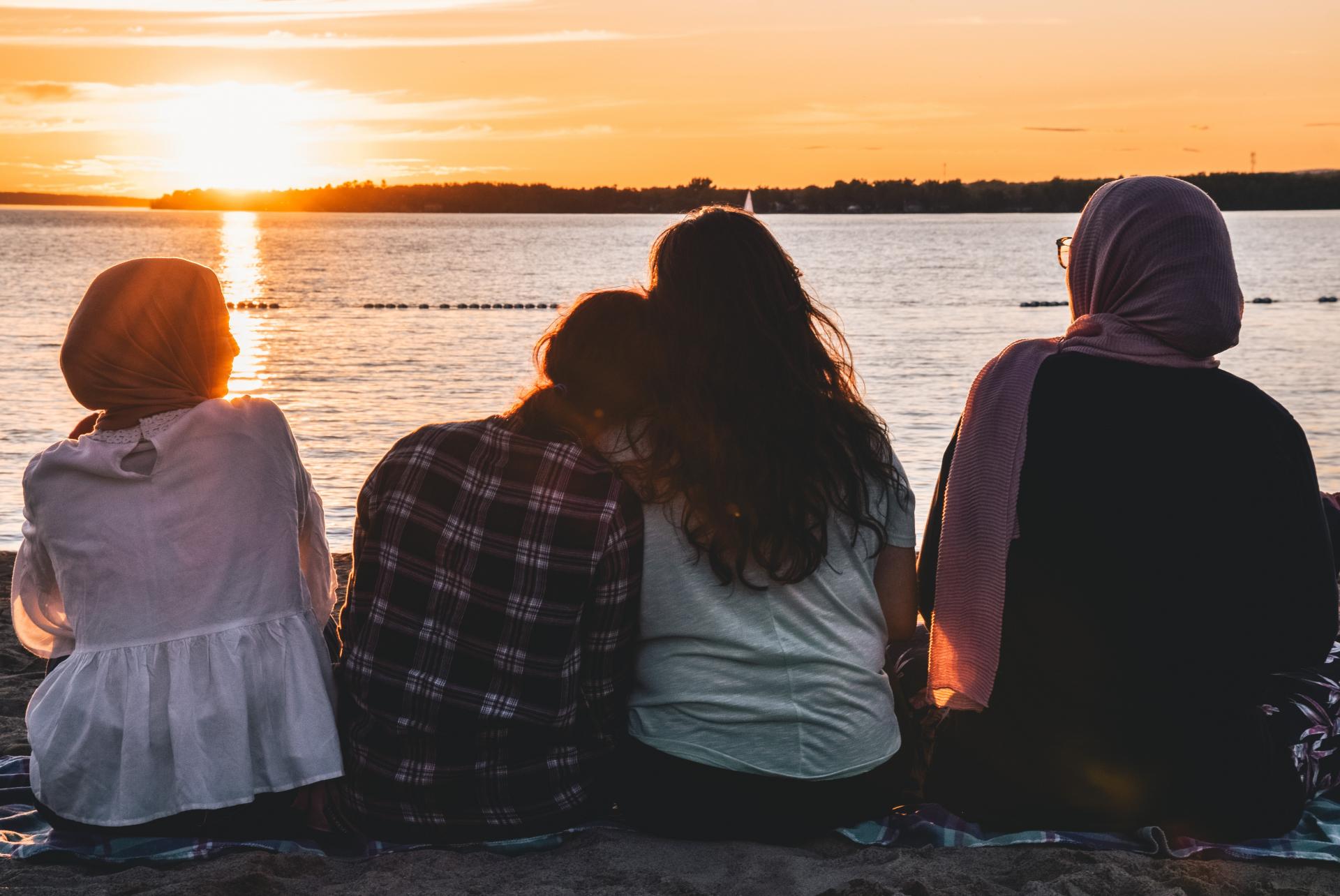
“As few as 8% of adolescents who experience dating violence reach out to parents, teachers, health care practitioners, or other adults who can help.”[1]
Bystander Intervention is an extremely valuable way to support those who are experiencing violence. Your own safety is also a priority so determining when to step in and when to seek outside support is essential in order to protect everyone involved.
What is Bystander Intervention?
Bystander Intervention is the act of intervening, safely, when you see violence happening. This could include when you see physical, emotional and verbal violence.
Violence often happens as part of larger social, economic and political issues in society that makes violence culturally and socially accepted. This is why we often do not see people intervening when they see violence happen.
Throughout this blog post series, we’ve seen the statistics that outline the prevalence of violence in society so we know how important it is to intervene when we see violence happening.
Benefits and Consequences
It’s important to analyze the benefits and consequences before deciding to intervene in a situation when violence is happening.
Benefits of Intervening
- Shows that violence is not accepted
- Deterrent to future violent acts
- Target of violence may feel connected, supported, valued, and seen
- Mental health of person affected improves
- Bystander feels proud that they’ve helped someone
- Sense of community is built
- Encourages others to intervene
- Opportunity for perpetrator to get support and resources
Consequences of Not Intervening
- Violence continues
- Target of violence may feel isolated and unsupported
- Mental health of the victim is compromised
- Violence normalized
- Desensitization occurs
- People don’t feel safe
How to safely intervene
While there are multiple ways to safely intervene, listed below you will see some suggestions on how to take action if you are a witness to violence:
- Respond directly by stating emotions - E.g. "I feel uncomfortable with what I am hearing or seeing and I feel concerned."
- Approach the person being targeted and ask if they need support
- Approach the perpetrator and ask them if they need support to understand their actions
- Ask the person being targeted what they need and want to do in this situation
- Use humour to diffuse situation
- Talk to a teacher, guidance counsellor, parent, or trusted adult about what you saw
- Call attention to the situation and bring it other bystanders to support
- In extreme scenarios where there is immediate danger, call 9-1-1
- Remember the 5 D’s: Distract, Delegate, Document, Delay, and Direct[2]
Please know that while intervening can be extremely valuable, it is important to understand the risk you could be taking by becoming involved and to ensure that your safety is protected. The answer is not to merely walk away, there is always something that can be done to support those experiencing violence. It is important to note that as a young person, if you see an altercation happening between adults it may not be a safe option to intervene, due to the power imbalances that exist. In this situation, please consider reaching out to a trusted adult or professional who can help you in this situation to ensure your safety.

